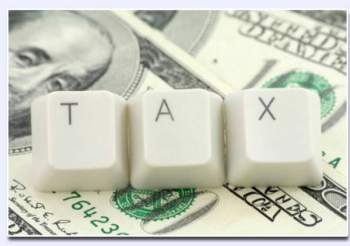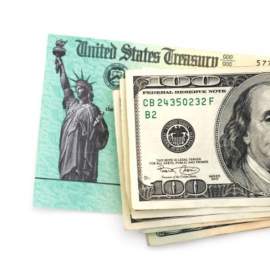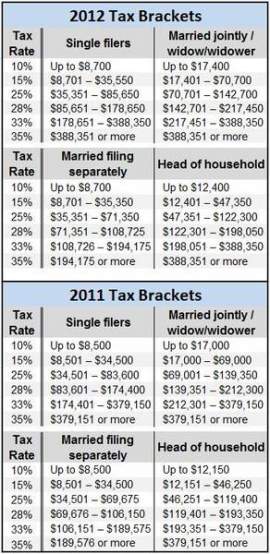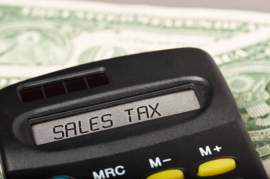
Vermont State Tax

The total tax burden in Vermont is 10.2%, which is slightly higher than the national average of 9.8%. Like other states, there are excise taxes of liquor, beer and cigarettes, as well as vehicle taxes. There are also municipal property taxes that must be given consideration. Tax returns are due on April 15.
Vermont state sales tax – 6%, (exemptions include medical supplies, food, equipment and fuel, residential fuel and electricity, clothing and shoes under purchase price of $110). Local areas may add up to 1%. There is a 9% tax on prepared foods/restaurant meals and 10% on alcoholic beverages served in restaurants.
Vermont personal income tax
There are five tax brackets and the brackets are doubled for married couples:
- 3.55 percent on the first $34,000 of taxable income.
- 6.8 percent on taxable income between $34,001 and $82,400.
- 7.8 percent on taxable income between $82,401 and $171,850. - 8.8 percent on taxable income between $171,851 and $373,650.
- 8.95 percent on taxable income of $373,651 and above.
The Vermont tax rate is top heavy and has low income earners paying a comparatively low tax rate.
Vermont excise taxes
Taxes will be assessed on vehicles, alcohol, tobacco, gasoline and are in addition to federal excise taxes.
- $2.24 per package of 20 cigarettes
- $.68/gallon on spirits
- $.55 per gallon on table wine
- $.2565 per gallon of beer
- $.245/gallon on gasoline
Vermont inheritance/estate tax
There is no Vermont inheritance tax. Vermont estate taxes are unrelated to federal laws and imposes its own estate tax, unlike other states. As of 2009, tax returns are required for estates exceeding 3.5 million dollars. The value of the estate assesses the assets, insurance policies and trusts of the deceased.
Vermont payroll taxes
State Disability Insurance – none
State Unemployment Insurance – the state uses a benefit ration formula with rates varying from 1.3% and 8.4% on $13,000 base salary. Construction employers have a rate of 3%, specialty trade contractors have a rate of 3.9% and all other pay 1%.
State minimum wage is 8.15/hr
Vermont state property tax
Vermont property taxes fund educational and municipal services. There is a homestead exemption and the form need only be filed once, unless the taxpayer moves to a new home or changes in the use of the property. There are considerations for income when calculating the property tax through a calculator unique to Vermont.
There is a statewide education tax for all properties which accrues at $1.35 per $100 or $.86 per $100 of assessed value, multiplied by the district spending adjustment.
Vermont state corporate tax
The Vermont corporate tax structure has three brackets:
- 6% for gross profits less than 10k
- 7% for profits between 10 – 25k
- 8.5% for profits above 25k
There are tax incentives available that offset these corporate taxes.
Exemptions
The only retirement income exempt from taxation are Railroad Retirement benefits, all others, including out of state pensions are taxed at the typical rate.
Disability and VA benefits are largely exempt from both federal and state taxation.



















